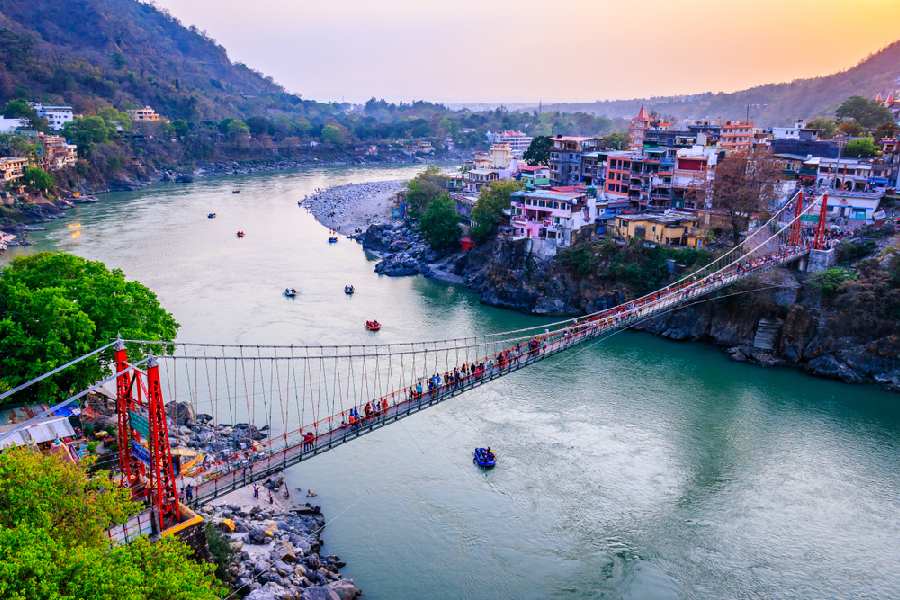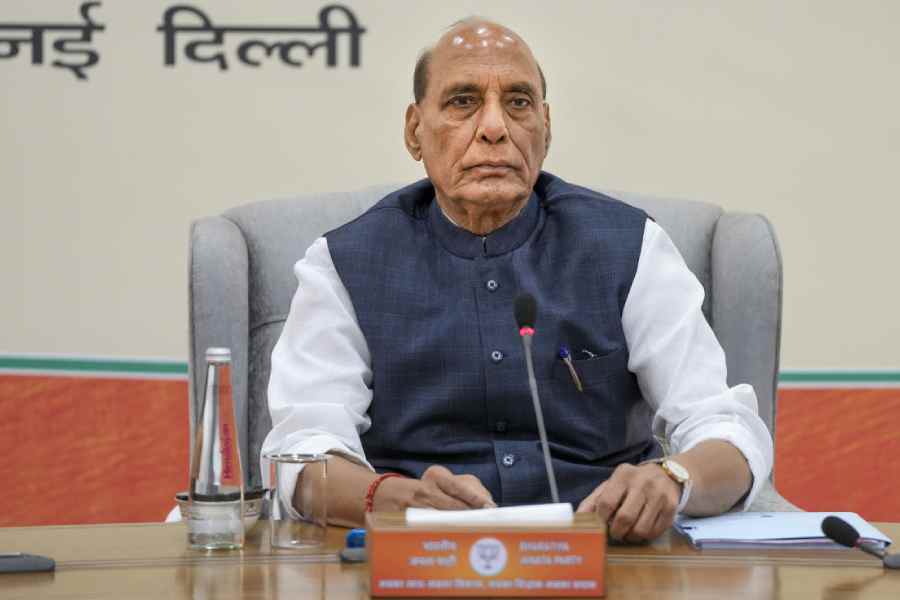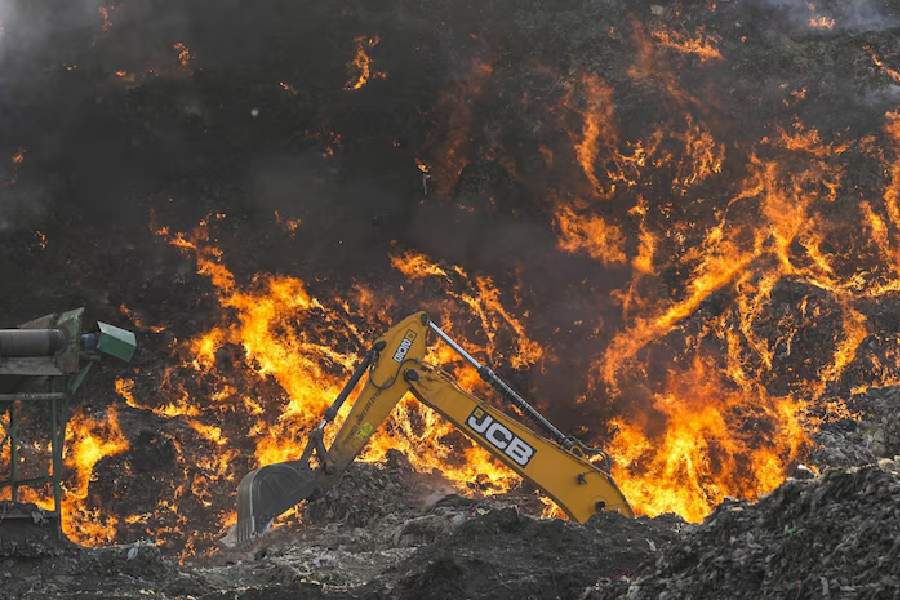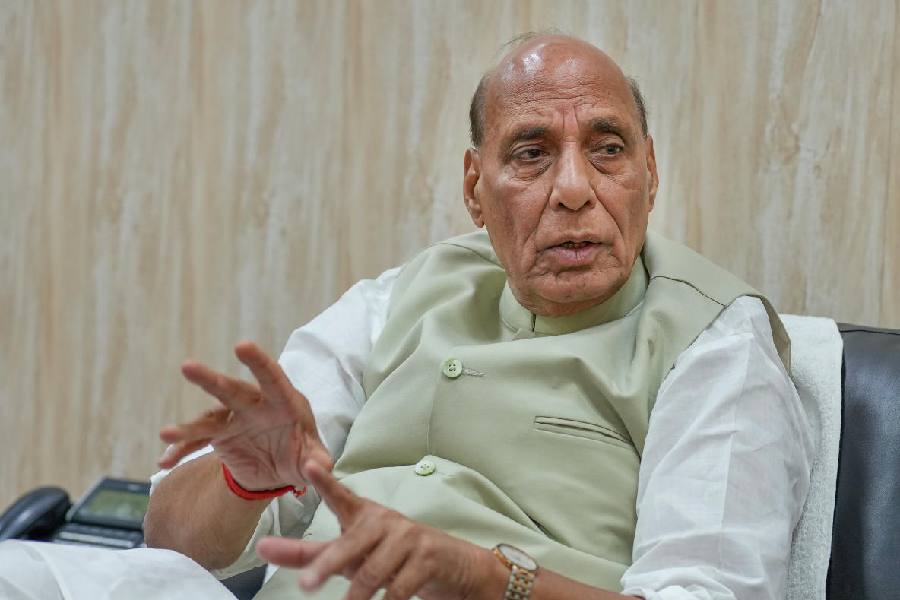The famous Ram Jhula suspension bridge here was closed for two-wheelers on Thursday due to soil erosion beyond its abutments by the Ganga, which is in spate following a recent spell of heavy rains in Uttarakhand.
Initially, the bridge was closed for all in the morning but after an on-the-spot spot examination conducted by PWD officials it was decided to close it for two-wheelers only, Muni ki Reti police station SHO Ritesh Shah said.
The decision was taken for safety reasons as allowing two-wheelers to pass through the bridge could have been risky, he said.
Water level of the Ganga had crossed the danger mark in both Rishikesh and neighbouring Haridwar on August 14 when torrential rains pounded various parts of the state including the hill districts of Rudraprayag, Chamoli, Uttarkashi and Pauri.
The flooding of the Ganga has caused soil erosion along the banks of the river under the bridge beyond its abutments, he said.
Built in 1985, the Ram Jhula bridge is 220 metres long and two metres wide. It runs parallel to the iconic British-era bridge Lakshman Jhula.
The dependence of people in general and pilgrims on the bridge is very high.
Though it is meant for pedestrians, it is also used by two-wheelers.
Except for the headline, this story has not been edited by The Telegraph Online staff and has been published from a syndicated feed.










